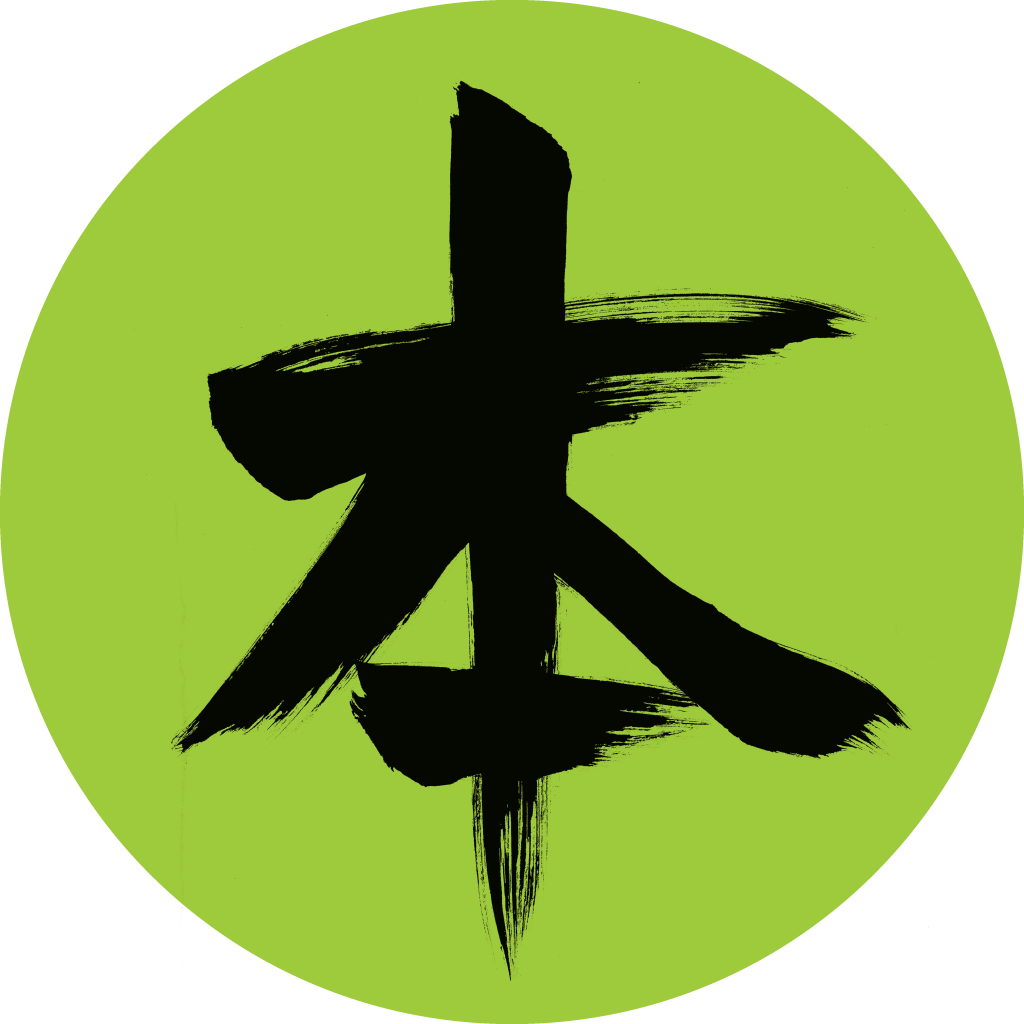In this episode of the Books on Asia Podcast, sponsored by Stone Bridge Press, host Amy Chavez talks with anthropologist, shamisen player, author and translator Liza Dalby about her books and her new translation of the recently deceased novelist cum Buddhist nun Setouchi Jakuchō’s memoir Places. Liza is author of the Geisha, Kimono: Fashioning Culture, East Wind Melts the Ice: A Guide to Serenity Through the Seasons, and Hidden Buddhas: A Novel of Karma and Chaos. Her previous translations are: Little Songs of Geisha: Traditional Japanese Ko-Uta.

Ep. 18 Show Notes:
Amy and Liza talk about Liza’s long career writing about Japan, starting with Geisha and how that world of women changed along with the modernization of Japanese society, why the geisha survive today, and the meaning of the word kimono. They also discuss different kinds of kimono, the difference between the yukata (often called a “summer kimono”) and a robe. Liza let’s us in on the controversy behind the original cover of Tale of Murasaki and how and why she convinced the publisher to change it to the current one:

They also talk about the controversies behind Setouchi Jakuchō, how Liza came to translate her autobiography Places (read our review) and how she missed a chance to talk to Jakuchō during a visit to Kyōto.
Lastly, Liza reveals her 3 favorite books on Japan:
The Tale of Genji, by Murasaki Shikibu
Robin Gill’s translations of haiku
the woodblock prints of Yoshi Toshi and the late John Stevenson’s books
Visit Liza Dalby’s website
The Books on Asia Podcast is sponsored by Stone Bridge Press. Check out their books on Japan at the publisher’s website. Amy Chavez, podcast host, is author of Amy’s Guide to Best Behavior in Japan and The Widow, the Priest, and the Octopus Hunter: Discovering a Lost Way of Life on a Secluded Japanese Island.
Subscribe to the Books on Asia podcast.
